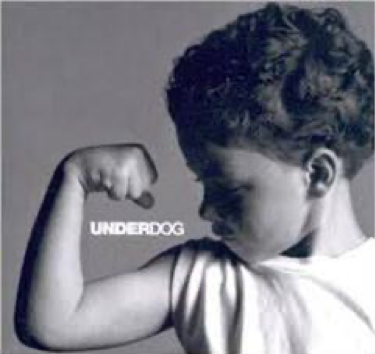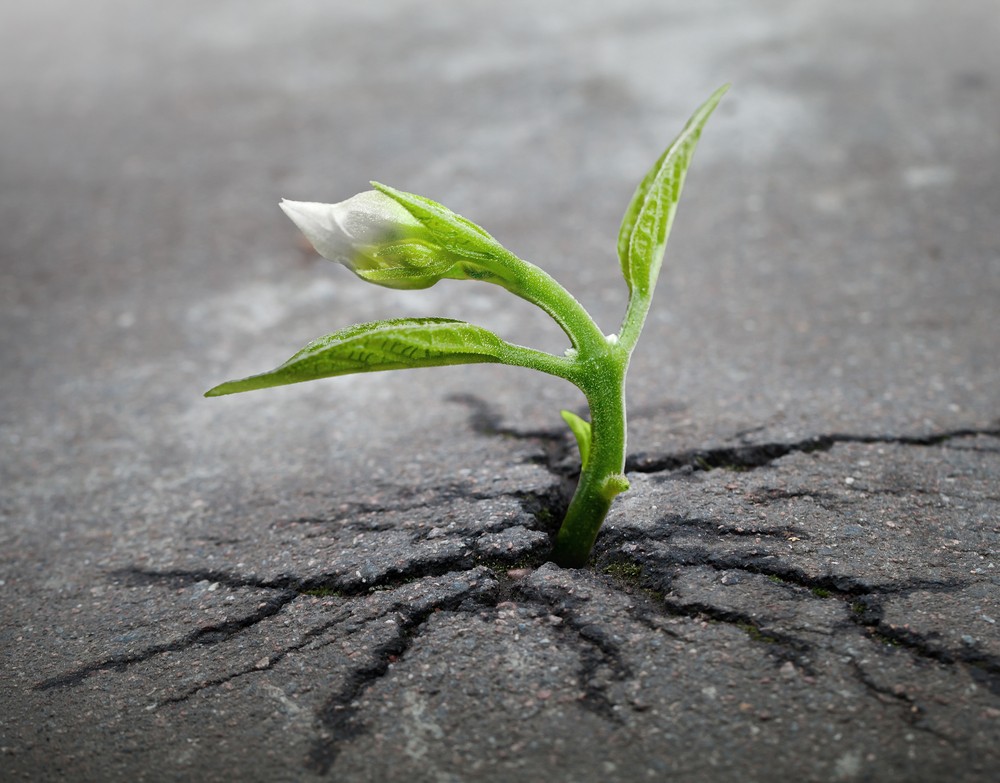Last summer when I wrote the blog “No, This Is Not My Boyfriend’s Computer”, I embarked on a mission to understand resiliency. When I think of resiliency, I am not talking about how people overcome everyday challenges but rather how people overcome life altering challenges. When facing adversity, why is it that some people stand back up and thrive while others don’t? Why do some people fall victim to circumstances while others push forward, stay positive and figure things out?
My quest to understand resiliency started because of three reasons. One, I met Ping Fu, the founder of Geomagic, at a GE Leading & Learning Event in NY. Her story of persistence in the face of adversity is simply incredible. Two, I judged a First Robotics competition and saw underprivileged kids triumph against kids that were given every luxury to succeed. Third, I started my own company, McRock Capital, my dream and passion and in order to be successful, I needed to be resilient.
My first revelation is that the topic of resiliency is a fairly new area of investigation. Researchers have been trying to figure out why some people are more resilient than others and whether we can learn to be more resilient.
Here is what I found. Resilient people are flexible, adapt to new circumstances quickly and thrive in constant change. They are inherently positive, empathetic and have confidence they will bounce back even though they may feel totally overwhelmed at first. They take responsibility for their actions, think through consequences and have a certain level of self-control and discipline. They allow themselves to feel grief, anger, loss and confusion but they don’t let it become a permanent state[1]. When we fall, which we all do, resilient people don’t automatically say “here we go again…I am failing” or “that idiot, his actions have ruined my life and made me miserable”. The resilient person says “what can I learn from this experience so I can do it better next time.”
Researchers know that resilient people are less likely to become ill during difficult times. They heal and bounce back stronger than before. They give their families a better chance of bouncing back from tough situations and even help their communities get through hard times. But one of the most interesting findings I read was that researchers believe that experience trumps genetics. The key is to find your passion and purpose in life[2].
When I think of the entrepreneurs I have known that have demonstrated incredible resiliency and achieved outstanding success, they had, without a shadow of a doubt, an incredible passion and purpose in life. Many of them also stared adversity in the face at a young age and bulldozed through it. They did not give up because they couldn’t out of necessity. They didn’t have a safety net. They didn’t have parents running to their side to rescue them. They had to figure things out for themselves. Self-managed learning is one of the cornerstones required to being resilient.

As I was doing this research I realized that I loved the underdog. The person who defies all odds and wins (like Ping Fu) or the robotics team from Runnymede Collegiate, the inner city school that kicked the butts of the private schools. Perhaps it’s not surprising that I prefer to work with resilient underdogs and, on the other end of the spectrum, I want to tornado kick the parents who call in a favours to get their kids jobs.
I do know one thing for sure. Resilient people don’t give up. They are unstoppable, relentless and possess all the great attributes characterized by researchers. The resilient underdog is the royal flush.
Author: Whitney Rockley, Co-founder & Managing Partner, McRock Capital
[1] Dr. Al Siebert, The Resiliency Advantage
[2] Dr. Robert Brooks, The Power of Resiliency

